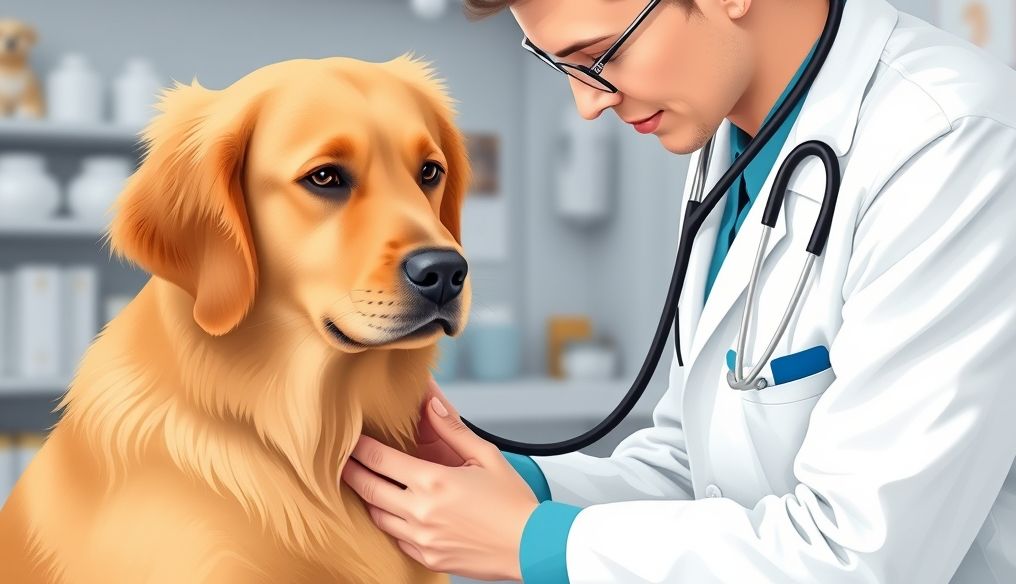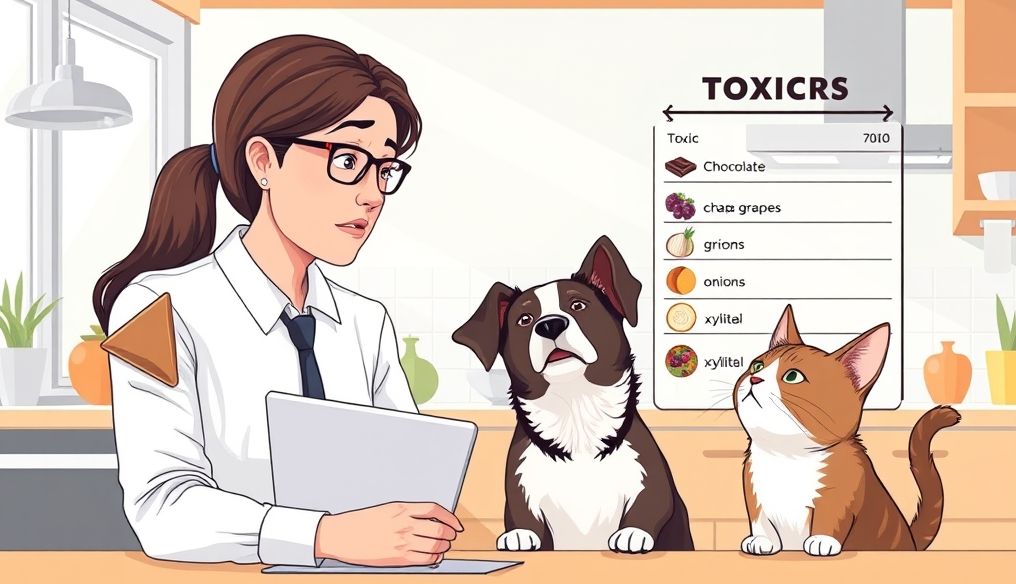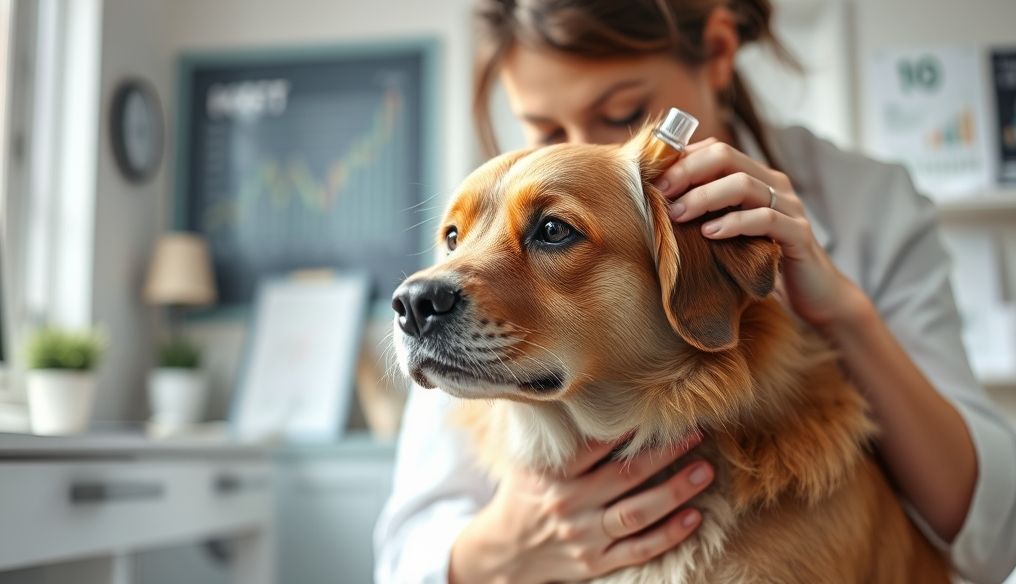Why are Vaccinations and Regular Check-ups Crucial for Pet Health?
Pets are an integral part of many lives, and their well-being is a responsibility that falls on their owners. Among the crucial aspects of pet care, vaccinations and regular check-ups stand out as essential preventive measures. These procedures not only protect our beloved animals from diseases but also contribute to the overall health of the community. In this article, we will explore the paramount importance of vaccinations and regular check-ups for pets.
1. Understanding Vaccinations for Pets
Vaccination is the process of giving an animal a substance (usually a vaccine) to stimulate its immune system to produce antibodies that protect it from a specific disease. Vaccines contain a weakened or dead form of the pathogen (such as a virus or bacteria) that causes the disease. When this weakened or dead form is introduced into the animal's body, the immune system begins to recognize it and produce antibodies to fight it. If the animal is later exposed to the real pathogen, its immune system is already prepared to fight it quickly and effectively.
1.1. Common Types of Vaccines for Dogs
- Core Vaccines: Include vaccines against rabies, parvovirus, distemper, and canine adenovirus. These vaccines are considered essential for all dogs.
- Non-Core Vaccines: Include vaccines against kennel cough, Lyme disease, and canine influenza. The need for these vaccines is determined based on the dog's lifestyle and risk of exposure.
1.2. Common Types of Vaccines for Cats
- Core Vaccines: Include vaccines against rabies, feline viral rhinotracheitis (FVRCP), calicivirus, and panleukopenia. These vaccines are essential for all cats.
- Non-Core Vaccines: Include vaccines against feline immunodeficiency virus (FIV) and feline leukemia virus (FeLV). The need for these vaccines is determined based on the cat's lifestyle and risk of exposure.
1.3. Recommended Vaccination Schedule
The recommended vaccination schedule varies depending on the animal's age, species, and lifestyle. In general, vaccinations begin at an early age (usually from 6 to 8 weeks) and continue at regular intervals throughout the animal's life. It is important to consult with a veterinarian to determine the appropriate vaccination schedule for your pet.
2. Benefits of Vaccinations for Pets
Vaccinations provide many benefits for pets, including:
- Protection from Diseases: Vaccinations protect pets from serious infectious diseases that can be fatal.
- Reducing the Spread of Diseases: Vaccinations help reduce the spread of diseases among pets, protecting the community as a whole.
- Reducing Healthcare Costs: Vaccinations can help reduce healthcare costs for pets in the long run, as they prevent diseases that may require expensive treatment.
- Improving Quality of Life: Vaccinations help improve the quality of life for pets by protecting them from diseases and reducing their suffering.
3. Importance of Regular Check-ups for Pets
Regular check-ups are routine health examinations performed on pets by a veterinarian. These check-ups help detect potential health problems early, allowing for early treatment and improved chances of recovery.
3.1. What is Checked During Regular Check-ups?
During regular check-ups, the veterinarian performs a comprehensive examination of the pet, including:
- Medical History: Gathering information about the pet's medical history, including previous vaccinations, illnesses, and injuries.
- Physical Examination: A thorough examination of the body, including checking the eyes, ears, teeth, skin, hair, heart, lungs, and abdomen.
- Laboratory Tests: Laboratory tests may include blood, urine, and stool tests to detect any signs of disease.
3.2. Recommended Frequency of Regular Check-ups
The recommended frequency of regular check-ups depends on the pet's age, species, and health condition. In general, annual check-ups are recommended for adult pets, and more frequent check-ups for young, senior, or pets with health problems.
4. Benefits of Regular Check-ups for Pets
Regular check-ups provide many benefits for pets, including:
- Early Detection of Diseases: Regular check-ups help detect diseases early, allowing for early treatment and improved chances of recovery.
- Disease Prevention: Regular check-ups can help prevent diseases by identifying risk factors and providing advice on how to reduce them.
- Improving General Health: Regular check-ups help improve the general health of pets by monitoring their weight, nutrition, and physical activity.
- Extending Lifespan: Regular check-ups can help extend the lifespan of pets by detecting and treating diseases early.
5. Common Diseases Preventable by Vaccinations and Check-ups
There are many common diseases that can be prevented by vaccinations and regular check-ups, including:
- Rabies: A fatal viral disease that affects the nervous system.
- Parvovirus: A highly contagious viral disease that affects the digestive system.
- Distemper: A viral disease that affects the respiratory and nervous systems.
- Kennel Cough: A bacterial or viral infection that affects the respiratory system.
- Lyme Disease: A bacterial disease transmitted by ticks.
- Feline Immunodeficiency Virus (FIV): A virus that weakens the immune system.
- Feline Leukemia Virus (FeLV): A virus that causes blood cancer.
6. How to Choose the Right Veterinarian?
Choosing the right veterinarian is an important decision. Here are some tips to help you choose the right veterinarian for your pet:
- Ask for Recommendations: Ask for recommendations from friends, family, and neighbors.
- Look for a Certified Veterinarian: Make sure the veterinarian is certified by official bodies.
- Determine the Location of the Clinic: Choose a veterinary clinic that is conveniently located for you.
- Visit the Clinic: Visit the veterinary clinic before making an appointment to make sure it is clean and organized.
- Talk to the Veterinarian: Talk to the veterinarian about their philosophy of pet healthcare.
7. Cost of Vaccinations and Regular Check-ups
The cost of vaccinations and regular check-ups varies depending on the type of vaccination or check-up and the location of the veterinary clinic. It is important to talk to the veterinarian about the cost of vaccinations and regular check-ups before making an appointment.
8. Tips for Keeping Your Pet Healthy Between Veterinary Visits
In addition to vaccinations and regular check-ups, there are many other things you can do to keep your pet healthy between veterinary visits, including:
- Provide a Healthy Diet: Provide your pet with a healthy and balanced diet.
- Provide Plenty of Exercise: Make sure your pet gets plenty of exercise.
- Keep Your Pet Clean: Clean your pet regularly.
- Monitor Your Pet's Behavior: Monitor your pet's behavior closely and report any changes to the veterinarian.
- Provide a Safe Environment: Make sure your pet lives in a safe environment.
Conclusion: Vaccinations and regular check-ups are an essential investment in the health and well-being of our pets. By taking these preventive measures, we can protect our beloved animals from diseases, improve their quality of life, and contribute to the health of the community as a whole.




